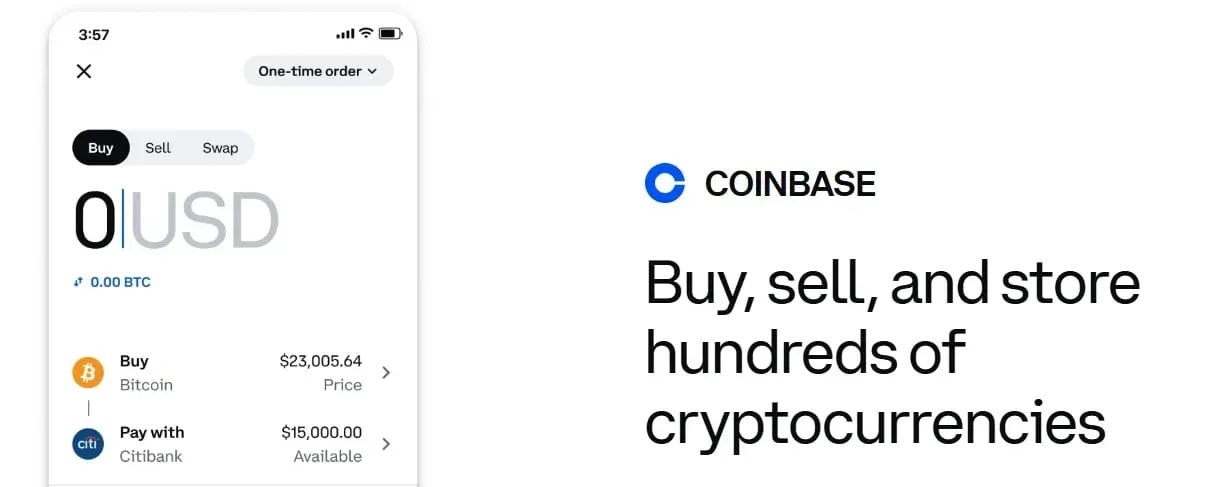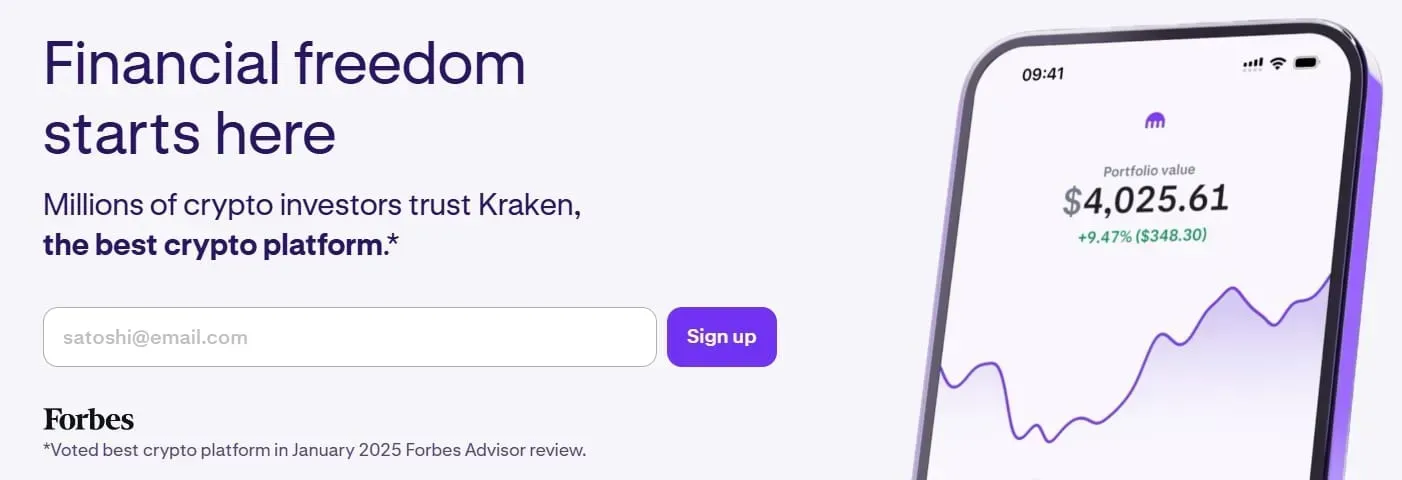Cryptocurrency in 2025: A Rising Trend in the Digital Economy

As we step into 2025, the cryptocurrency landscape continues to evolve, introducing new technologies, regulations, and trends that are transforming the way people view and use digital currencies. One of the most notable developments in the crypto world this year is the rise of TrumpCoin, a digital asset inspired by former President Donald Trump's influence, which has captured widespread attention. In this article, we'll delve into the current state of cryptocurrency, the impact of TrumpCoin, and the future of digital currencies.
As we step into 2025, the cryptocurrency landscape continues to evolve, introducing new technologies, regulations, and trends that are transforming the way people view and use digital currencies. One of the most notable developments in the crypto world this year is the rise of TrumpCoin, a digital asset inspired by former President Donald Trump's influence, which has captured widespread attention. In this article, we'll delve into the current state of cryptocurrency, the impact of TrumpCoin, and the future of digital currencies.
TrumpCoin: A New Star on the Cryptocurrency Horizon
TrumpCoin, launched as a tribute to Donald Trump's brand and political legacy, has become one of the most talked-about cryptocurrencies in 2025. This new token aims to integrate Trump's name into the digital currency ecosystem, providing both a digital asset for his supporters and a new investment opportunity in the ever-growing crypto market.
Unlike established cryptocurrencies like Bitcoin or Ethereum, TrumpCoin blends politics with digital finance, making it a unique player in the field. The token’s value, while volatile, showcases how cryptocurrencies are being used to represent various ideologies and movements. By harnessing the power of Trump’s global presence, TrumpCoin aims to create a new space for politically motivated crypto investors.
The State of Cryptocurrency in 2025: Expanding Beyond the Basics
Beyond TrumpCoin, the cryptocurrency market in 2025 is more diverse and sophisticated than ever. The year has witnessed an accelerated adoption of blockchain technology in various industries, ranging from finance to supply chain management. Cryptocurrencies are increasingly seen as mainstream investments, with institutional investors entering the market in large numbers.
Cryptocurrencies like Bitcoin, Ethereum, and new decentralized finance (DeFi) tokens continue to dominate the market, but altcoins are emerging, each offering its own unique features. These altcoins are making waves in the market by offering faster transactions, enhanced privacy, and improved scalability.
In 2025, cryptocurrencies are increasingly used as a means of payment, even for physical goods and services. Some major companies have started accepting Bitcoin, Ethereum, and even lesser-known digital currencies for everyday transactions. The rapid rise of global digital payment systems has further strengthened the role of crypto in shaping global commerce.
Popular Cryptocurrency Exchanges
In the United States, there are numerous ways to purchase cryptocurrency, and choosing the right exchange platform is crucial. Below are some of the most popular cryptocurrency exchanges, each catering to different types of investors:
1. Coinbase —— Visit Site
Coinbase is one of the most popular cryptocurrency exchanges in the U.S., particularly for beginners. The platform offers a simple and user-friendly interface, allowing users to buy, sell, and store cryptocurrencies like Bitcoin, Ethereum, and more. Coinbase also offers a Pro version, Coinbase Pro, which is designed for more experienced traders, providing lower fees and additional advanced trading features. While Coinbase is known for its high security, the fees on the platform are relatively high, making it less ideal for frequent traders.

2. Binance.US —— Visit Site
Binance is one of the largest cryptocurrency exchanges globally, and its U.S. subsidiary, Binance.US, offers services tailored to American users. Compared to Coinbase, Binance.US generally has lower trading fees and offers a wider range of cryptocurrencies and trading pairs. It’s a great platform for more experienced traders due to its advanced features like futures and margin trading. However, its interface can be a bit more complex, making it more suitable for users with some trading experience. Binance.US is also known for its high level of security.

3. Kraken —— Visit Site
Kraken is another highly regarded exchange, known for its strong security measures and low trading fees. The platform supports a wide variety of cryptocurrencies and allows for trading between fiat currencies and crypto, making it ideal for global trading. Kraken also offers margin trading, futures trading, and other advanced tools, making it an excellent choice for more experienced investors. Although the interface is relatively simple, Kraken provides ample resources and features to meet the needs of most traders.

4. Gemini —— Visit Site
Founded by the Winklevoss twins in 2014, Gemini is known for its focus on security and regulatory compliance. The platform supports multiple cryptocurrencies and operates within the regulatory framework of the U.S. Securities and Exchange Commission (SEC), making it one of the more trusted exchanges in the U.S. Its user interface is clean and beginner-friendly, but it also offers professional trading features for experienced users. Gemini places a heavy emphasis on asset security, using multi-factor authentication and other protective measures to safeguard users’ funds.

5. Cash App —— Visit Site
Cash App, developed by Square, is a payment app that also allows users to buy and sell Bitcoin. While its features are quite basic and limited to Bitcoin, it offers a simple and straightforward interface, making it easy for users to purchase and sell Bitcoin directly from their bank accounts. For users who are only interested in Bitcoin and want a quick and easy way to trade, Cash App is a convenient option. However, the app lacks support for other cryptocurrencies and advanced trading features.

When choosing a cryptocurrency exchange, investors should consider factors such as transaction fees, platform security, the variety of cryptocurrencies offered, and whether the exchange provides wallet functionality. Different platforms have their own strengths and weaknesses, so understanding each exchange's offerings can help users find the one that best suits their trading needs.
The Future of Cryptocurrency
Looking ahead, the future of cryptocurrency seems promising yet uncertain. While blockchain technology promises to revolutionize various sectors, regulatory frameworks are catching up with the innovation. Many governments around the world are developing clearer guidelines for crypto operations, including taxation, anti-money laundering, and security measures.
The rise of more digital currencies and the gradual integration of blockchain in the real economy means that the world may soon experience a significant transformation in how money, assets, and even governance are managed.
Conclusion: A Thriving Ecosystem in Transition
The year 2025 marks a significant moment in the evolution of cryptocurrency. With the rise of politically driven coins like TrumpCoin and continued developments in mainstream tokens, the landscape is shifting toward greater innovation and mainstream integration. As digital currencies become more accepted, the next few years will likely define how cryptocurrencies reshape our economic systems and society at large.
Featured Articles
 Start your coin collection journey: dig out the wealth code under your fingertipsCoin collection is like an underestimated new window of wealth, and the economic dividends are hidden in it. Insight into the market rules and seize the opportunity of appreciation. Don't miss this opportunity.
Start your coin collection journey: dig out the wealth code under your fingertipsCoin collection is like an underestimated new window of wealth, and the economic dividends are hidden in it. Insight into the market rules and seize the opportunity of appreciation. Don't miss this opportunity. Unsold Cars: Opportunities and Price TrendsMany cars remain unsold in dealerships, storage lots, or auction houses. These unsold vehicles often present a unique opportunity for buyers.
Unsold Cars: Opportunities and Price TrendsMany cars remain unsold in dealerships, storage lots, or auction houses. These unsold vehicles often present a unique opportunity for buyers. Find Cost-Effective Faux Stone Panels in 2025 – Explore SavingsWith home improvement projects on the rise, finding cost-effective faux stone panels in 2025 is crucial for achieving a stylish look without breaking the bank.
Find Cost-Effective Faux Stone Panels in 2025 – Explore SavingsWith home improvement projects on the rise, finding cost-effective faux stone panels in 2025 is crucial for achieving a stylish look without breaking the bank.